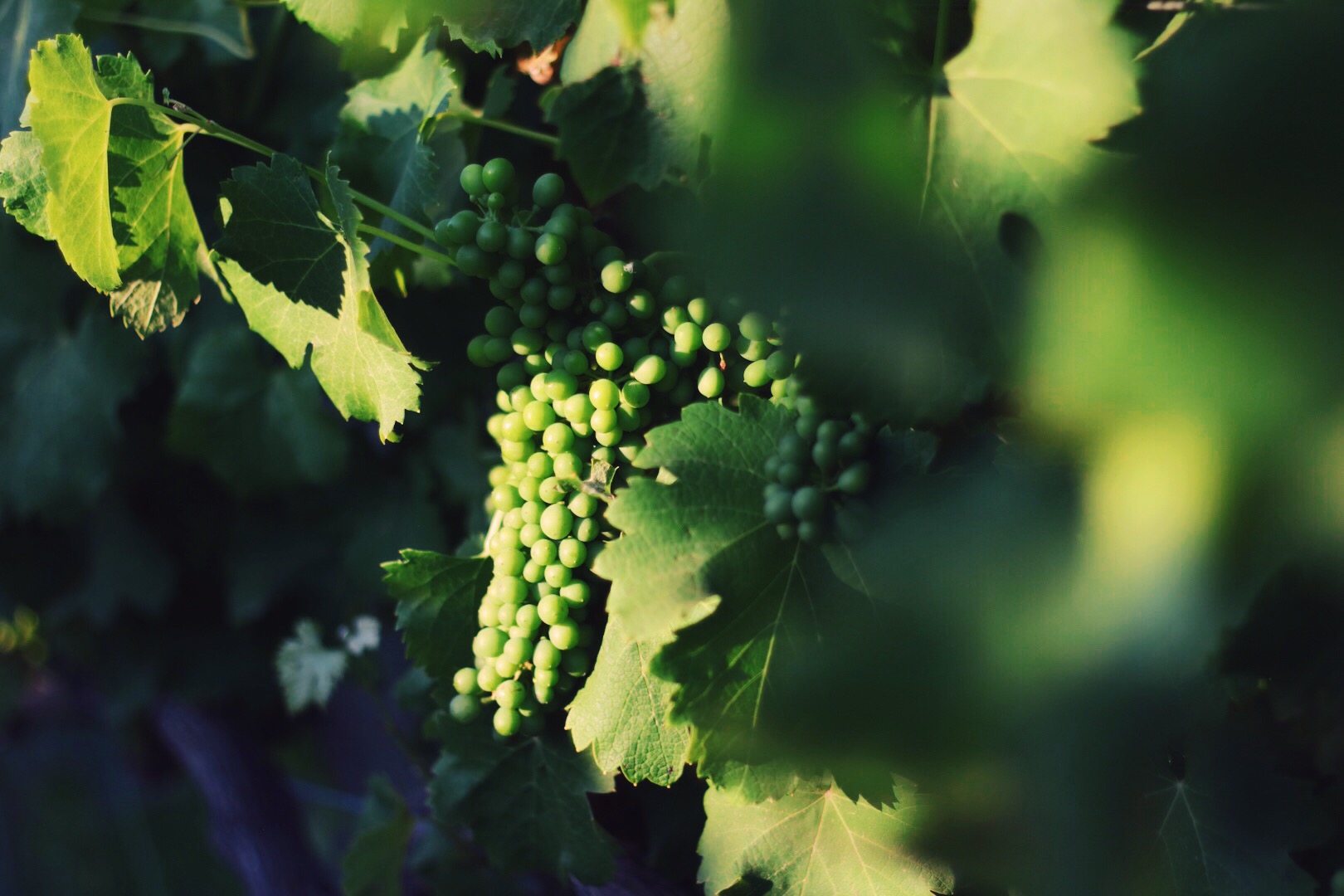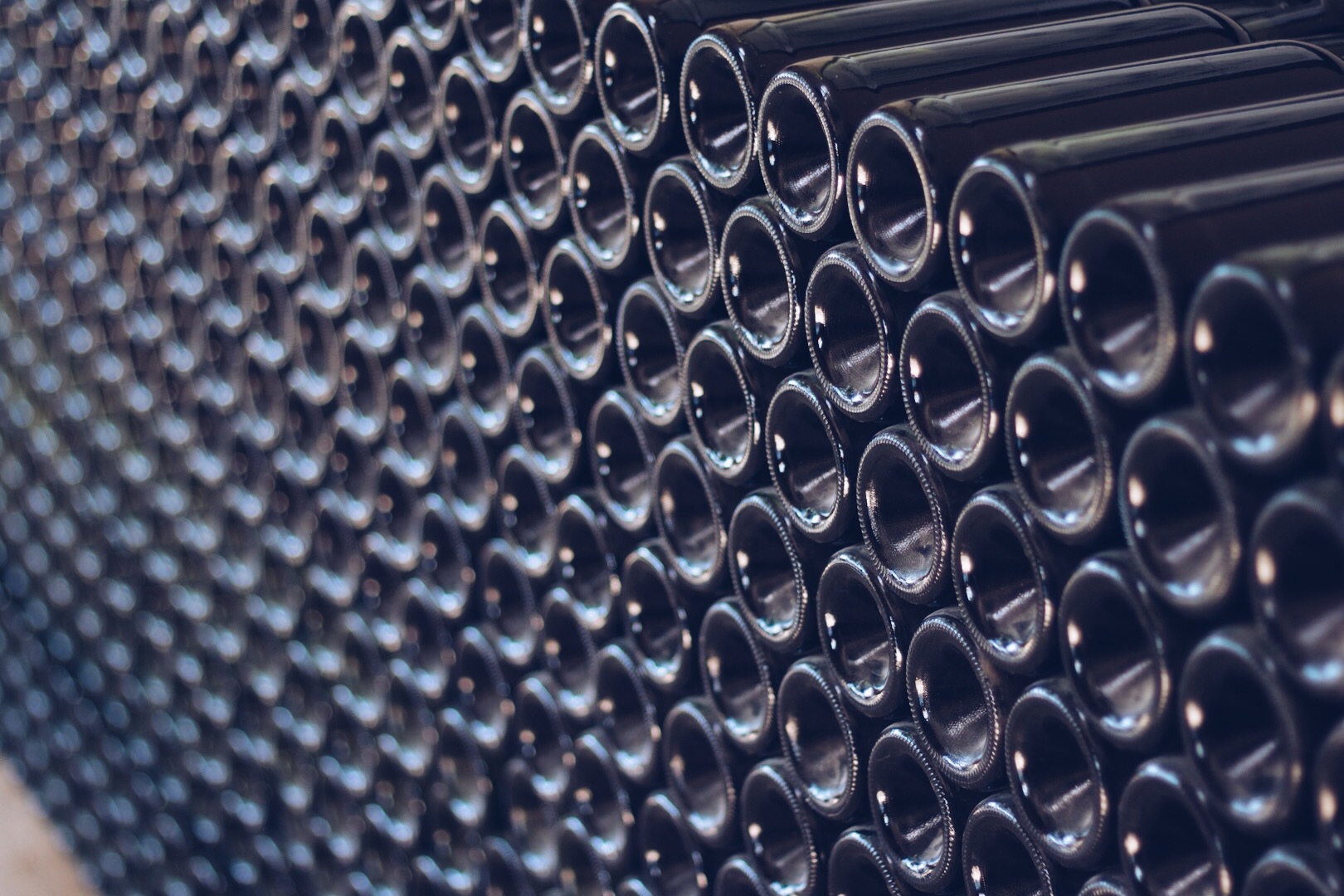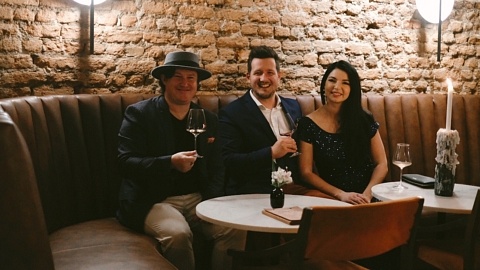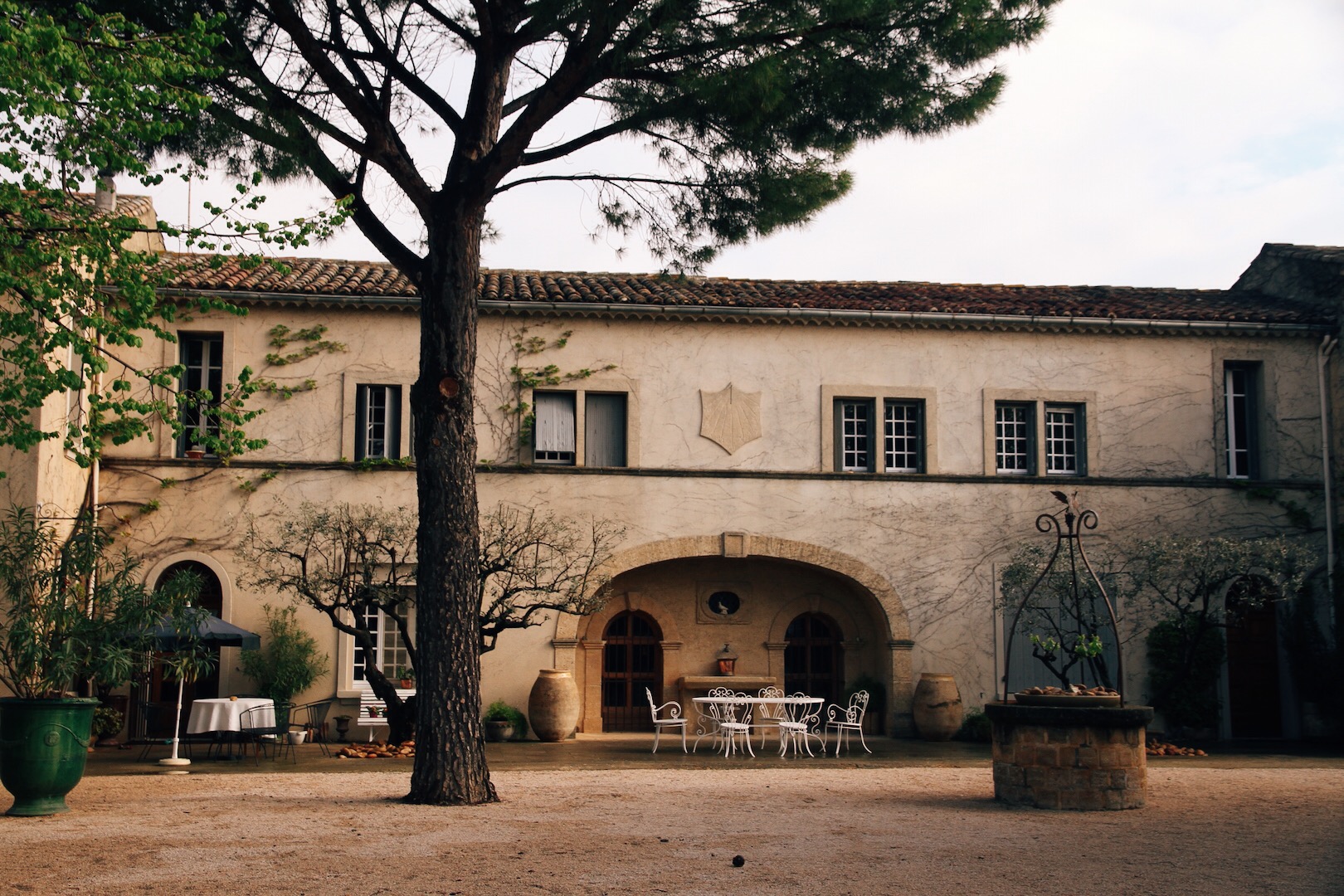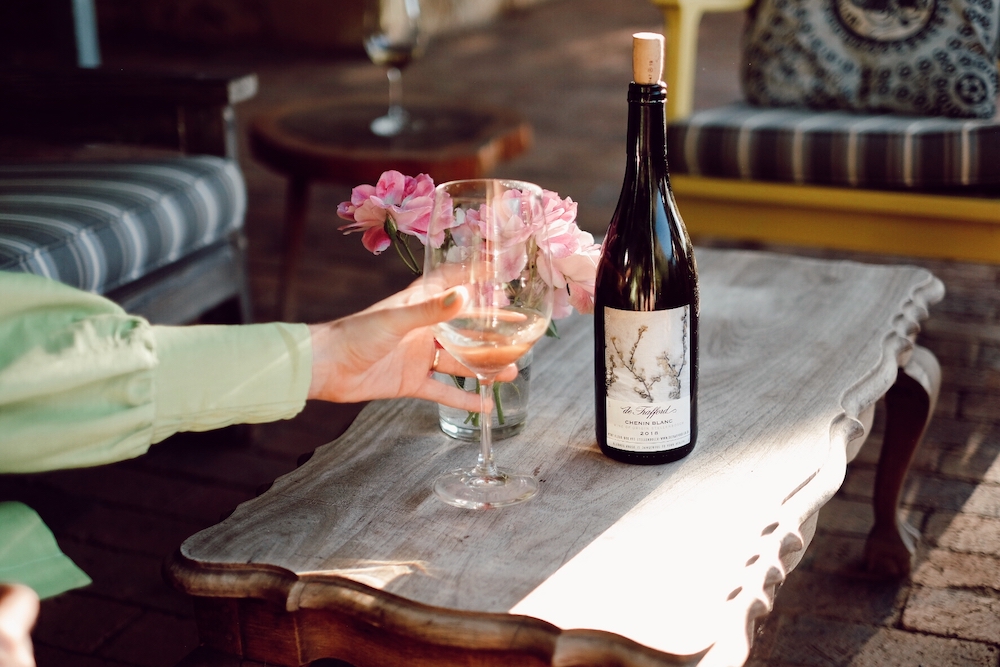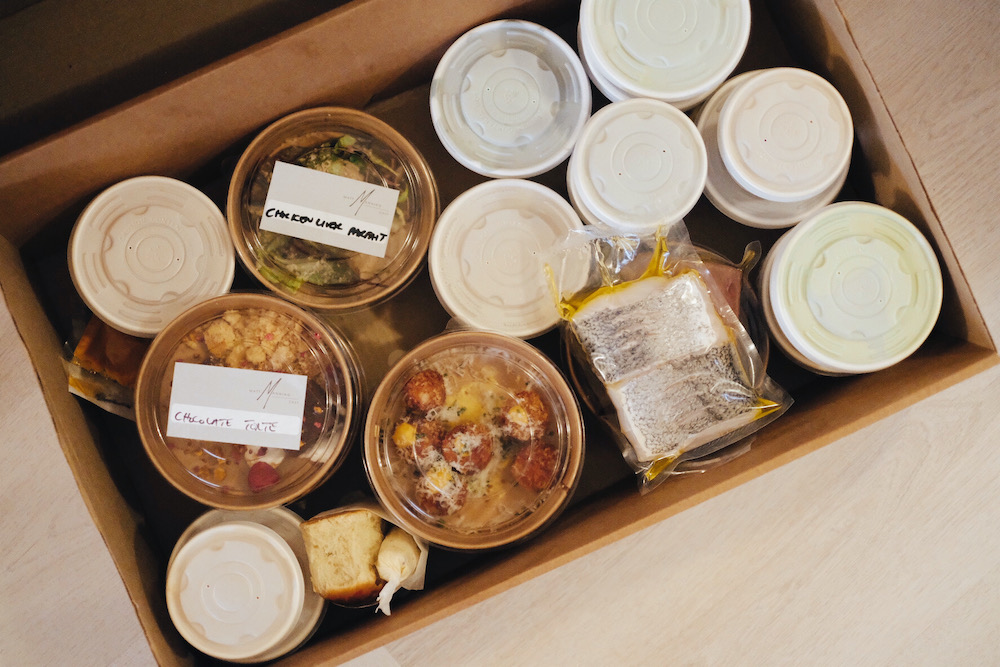Like the South-Easter winds that have been beating the vine leaves these past few weeks, the South African wine industry has experienced a case of whiplash following the release of the documentary, “Bitter Grapes – Slavery in the Vineyards” by Danish filmmaker Tom Heinemann. Essentially, the film explores the negative working conditions of farm workers in certain vineyards – in particular, some within the Robertson Wine Valley. Reactions within the industry have varied (you can read more here), from scathing condemnation to support, and it got us thinking about the end link in the chain: wine drinkers, i.e. us. If we buy wine, how can we be more conscientious in our choices?
With the goal of keeping our ears relatively close to the terroir, we headed to the Robertson Valley to compile a few, simple guidelines to encourage all wine drinkers to add a little care into each sip and know where your grapes come from …
In our soundbite culture, important details often get brushed aside in the face of sensationalism. In this particular case, it’s unfortunate that the entire Robertson Wine Valley comprising of 50 wineries over 4 districts shares the name with the main offending winery in Heinemann’s documentary (Robertson Winery – i.e. one of fifty in the valley). While it is true Robertson Winery is a large co-op meaning several parties may be guilty of misconduct, it’s best to avoid blanket generalisations. Most of the wineries in the valley, many of which are family-owned, have as little to do with Robertson Winery as any other winery from Stellenbosch or Franschhoek. As with the flurry of ‘fake news’ scandals flooding our social media right now, best practice is to not take everything you read at face value. Dig a little deeper and you’ll find some nuance.
2. Buy Quality not Quantity
Wine is (and should not) be a cheap product to produce. With only one shot a year to make the stuff, the costs of farming, production, storage, transport, marketing and taxes all add up. You simply can’t pay R25 (less than €2) for a bottle of wine and expect farm workers to get a benefit from it. If you want to support a worker and every hand that makes your wine, you’re going to have to be willing to contribute more. We’re not saying you need to buy the most expensive bottle on the shelf, but it’s more likely that a median-priced wine has been ethically produced.
Always try buy wine that you love, but that you also know was made with love. Support the good guys – wineries that are transparent, and have a traceable history of their wine production from vineyard to cellar to shop.
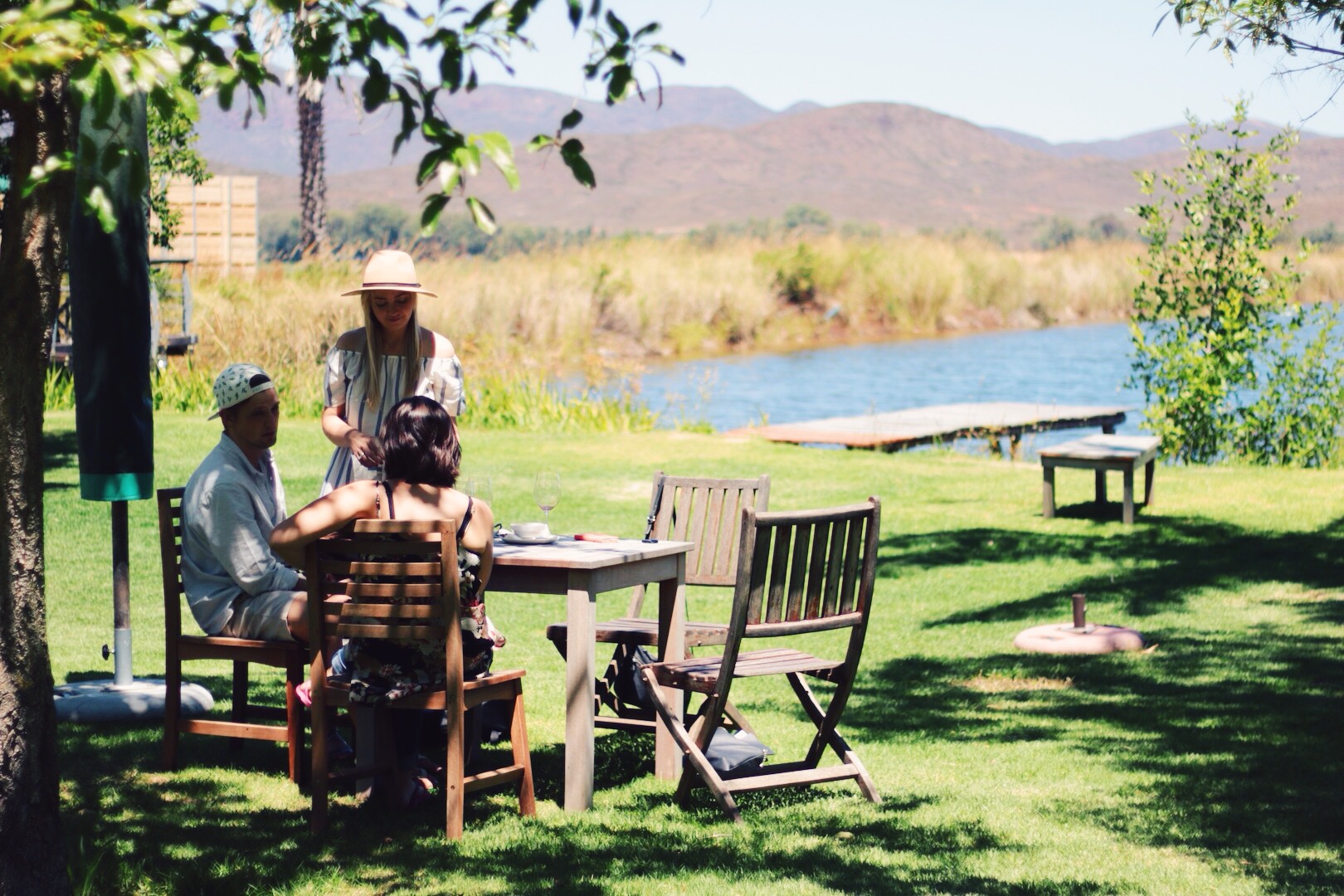
Remember: There are no stupid questions. When we visited wineries in the Robertson Valley, we asked A LOT of questions. As we sat on the stoep at Graham Beck drinking some beautiful brut, we asked about what the winery is doing to benefit the workers, and learnt that we were actually overlooking the Graham and Rhona Beck Skills Centre, the primary focus of which is to address the training needs of people in rural communities. Be it about the wine itself or labour practices and policies, we found it very valuable to simply talk to employees of the estates, and learn from the people on the ground. If someone can’t answer, then ask to speak to someone who will know the answers you are looking for and try support wine estates that are open with their information. Also, there are a ton of sites out there that share how to be more ethical in your product purchases, such as Green at Heart. Education is power.
Tip 4: Look for Accreditation
As much as it is up to a winery to communicate the good they do, so it is up to a wine drinker to support the good. Organisations are by no means perfect, but many are in place with the objective to improve working conditions. By purchasing wines with WIETA or Fair Trade seals, it encourages more producers to get with the program. The good news too is that currently, South Africa is the world’s foremost producer of Fairtrade wines, producing 66% of all wine sold globally under the Fairtrade label.
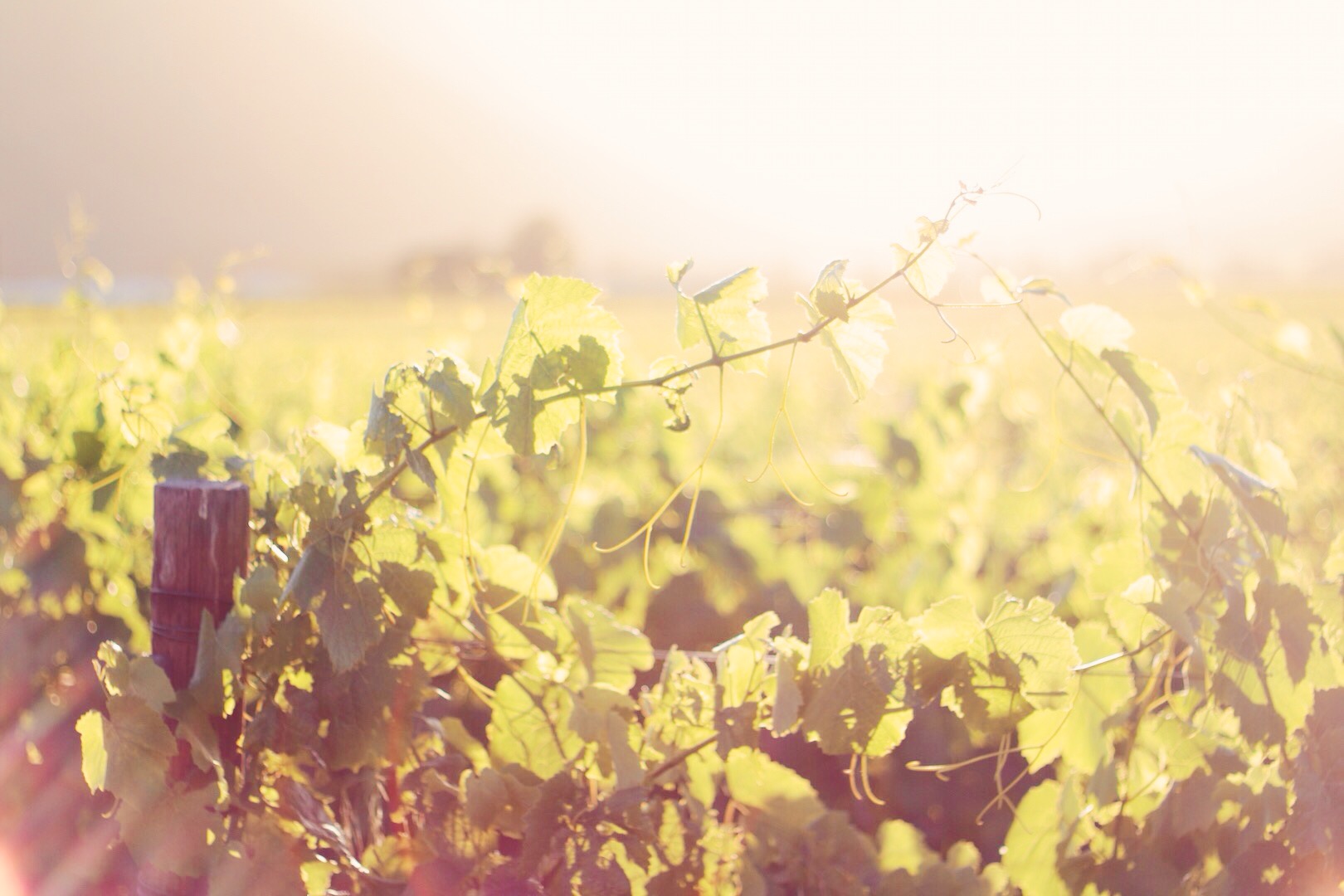
Our visit to the Robertson Wine Valley made us realise that it’s all too easy to criticize an entire region, but not so easy to critique how your own actions weigh in on the result. At the end of the day, we live in a world of supply and demand, and if a producer is acting unethically, boycott your heart out and vote with your wallet. It may literally make the world a better place.





